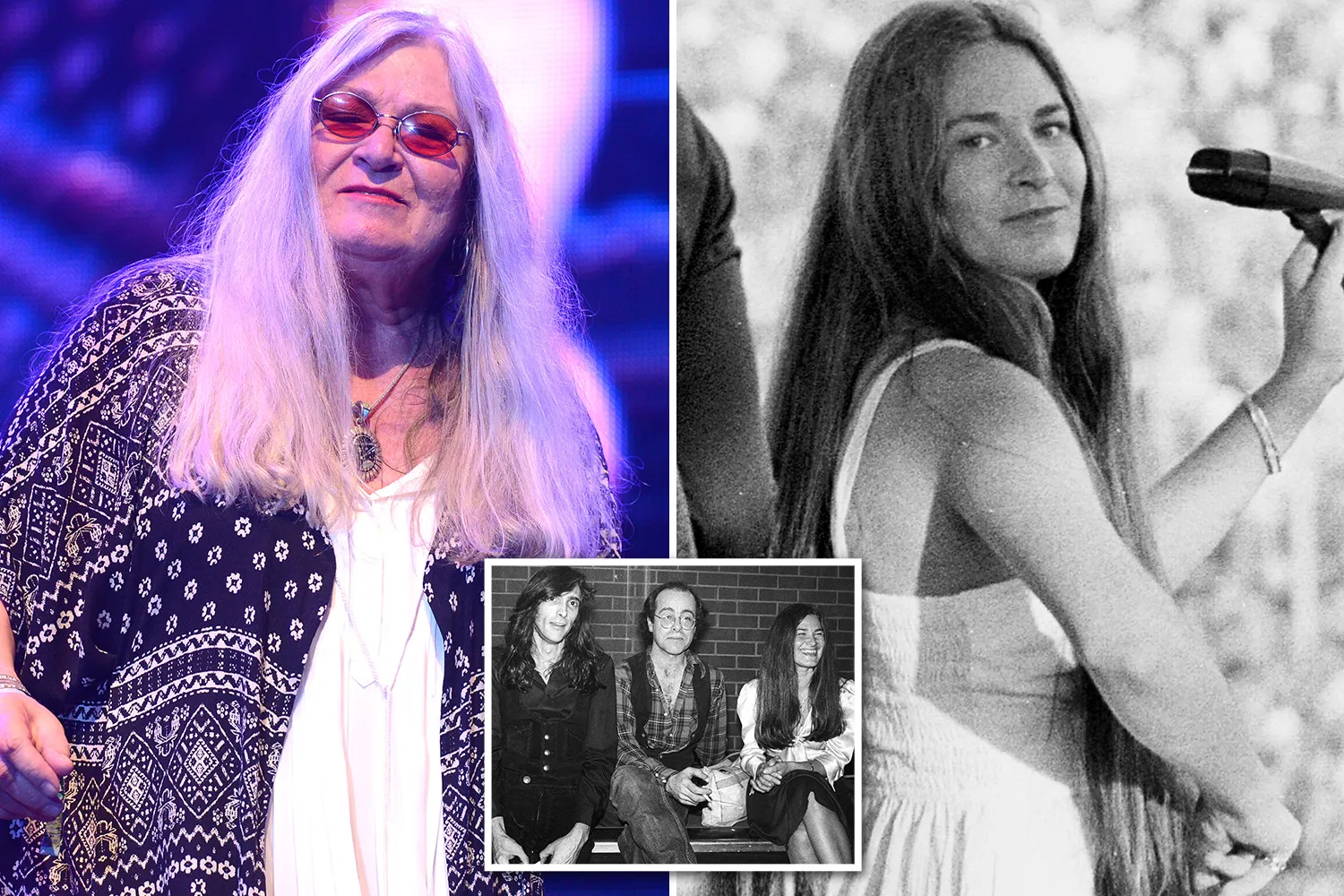Grateful Dead singer Donna Jean Godchaux-MacKay dead at 78 as family remembers her ‘warmly beautiful spirit’

GRATEFUL Dead singer Donna Jean Godchaux-MacKay has sadly died at the age of 78.
The singer, who made a name for herself in the band in the 70s, was also a backup singer for Elvis Presley and Percy Sledge.


The rocker sadly died on Sunday after a lengthy cancer battle.
A statement was released after she died at Alive Hospice in Nashville.
The statement announced her passing reads, “She was a sweet and warmly beautiful spirit, and all those who knew her are united in loss.
“The family requests privacy at this time of grieving.
“In the words of Dead lyricist Robert Hunter, ‘May the four winds blow her safely home’.”
Fans have already flocked to social media to express their sadness over her tragic passing.
One person on X said, “Donna was awesome. Really sad about this.”
Another penned, “Beautiful and powerful voice, there will never be another Donna Jean.”
A third person added, “So sad to learn of the passing of Donna Jean Godchaux.
“Through most of the 1970s, she made her mark on American music as a singer with the Grateful Dead. May she rest in peace.”
And a fourth said, “RIP Donna Jean Thatcher Godchaux-MacKay.
“Helluva singer who worked with the Grateful Dead & Elvis and put up with a sh**load of misogyny. Tough, special lady.”
